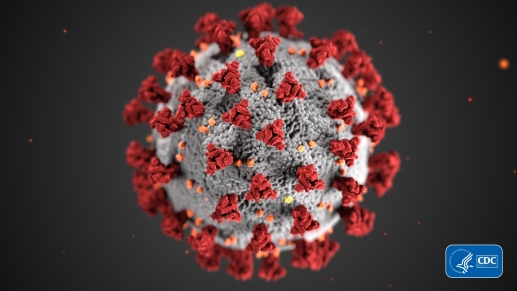The Leukemia & Lymphoma Society is closely monitoring the coronavirus (COVID-19) outbreak that originated in China and is spreading to other countries around the globe. As a health organization, one of our highest priorities is the well-being of the patients we serve – especially as many blood cancer patients are immunocompromised.
We are following vigilantly U.S. Centers for Disease Control and Prevention (CDC) guidelines. While there is an obvious concern right now, we encourage all individuals to follow the four steps below to protect yourself and your loved ones against the flu and other viruses:
- Practice good hygiene. Take everyday preventive actions to help stop the spread of germs. Wash your hands frequently, keep tissues and hand sanitizer handy, and routinely clean your home and office. And make sure to be extra diligent about cough and sneeze “etiquette.” Encourage those closest to you to also practice good hygiene to limit your exposure to germs.
- Make sure you’re up-to-date on vaccines. Talk to your doctor about the vaccines you need, and also ask them if your loved ones should receive vaccines to help reduce your risk of contracting an illness. Immunizations are especially important because cancer treatments weaken the body’s immune system. The CDC recommends everyone six months of age or older get the flu vaccine each year. Note, cancer patients should only get the shot and not the nasal spray since the spray contains a live virus. You can find the immunizations schedule recommended by the CDC for people with weakened immune systems, such as cancer survivors, here.
- If you develop symptoms, talk to your doctor. If you develop COVID-19 symptoms, contact your healthcare provider about your symptoms and your travel or exposure to a COVID-19 patient. According to the CDC, symptoms may appear in as few as two days or as long as 14 days after exposure. Symptoms include fever, cough, and shortness of breath.
- Talk to your doctor if you have travel plans. CDC recommends that travelers avoid nonessential travel to certain destinations including China and Iran. If you have upcoming travel plans, especially outside of the United States, talk to your doctor.
Some cancer patients may be worried about the supply of their treatments that come from overseas. For example, Imbruvica (Ibrutinib) is manufactured outside of the United States. However, its manufacturer Pharmacyclics said that they are monitoring the situation closely and at this time do not expect any impact on their product supply. As of now, no other manufacturers have stated that this outbreak will have an impact on supply. We are in close touch with manufacturers and will post an update if this changes.
At LLS, the health and safety of cancer patients is our top priority, so we will continue to closely monitor this outbreak to ensure we provide you with up-to-date information. In the meantime, you can also visit the CDC website where you can find frequently asked questions.
